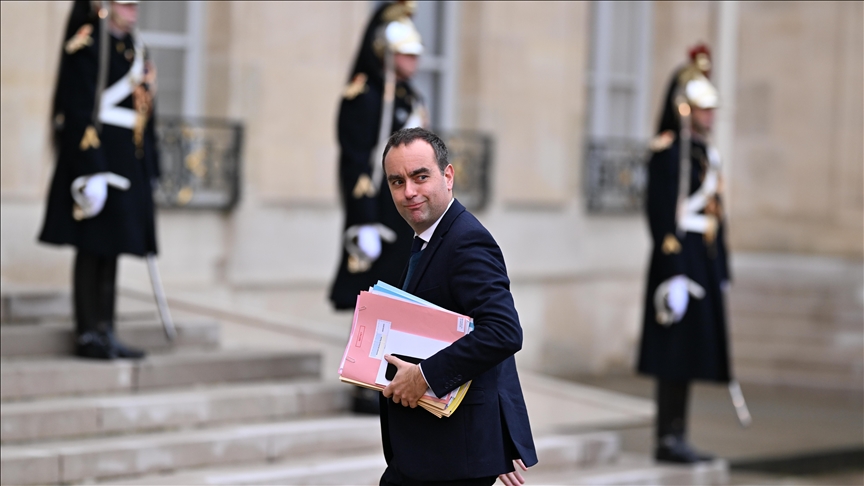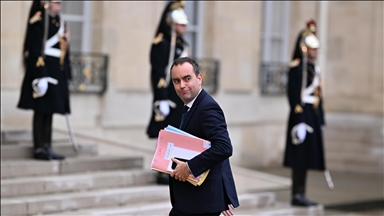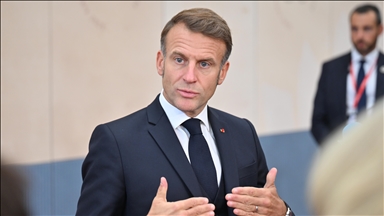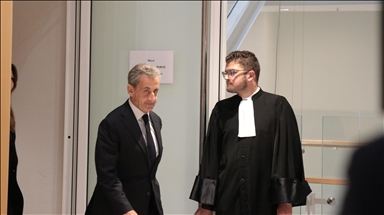Reappointed French premier proposes suspension of pension reform until next presidential election
Plan would halt contested 2023 changes that sparked months of nationwide protests, no rise in retirement age before January 2028, Prime Minister Lecornu says

ISTANBUL
France’s reappointed prime minister on Tuesday proposed suspending the country’s contested 2023 pension reform until the next presidential election, pledging no increase in the legal retirement age before January 2028 and a pause in the required contribution period.
“The Assembly wanted the government to suspend the reform while awaiting a debate, a solution, a vote, I am doing so,” Sebastien Lecornu told lawmakers in a policy address.
He added that the contribution period would remain at 170 quarters until January 2028 and that “to suspend for the sake of suspending makes no sense” without a broader agreement.
Framing the move as an effort to restore confidence after months of mass protests and strikes, Lecornu said the suspension would “clarify the debate” ahead of the 2027 presidential election and be followed by a national conference on pensions and work involving unions and employers.
If the conference reaches a consensus, the government will translate it into law for parliament to decide, he said.
Lecornu also estimated the cost of the suspension at €400 million ($463.08 million) in 2026 and €1.8 billion in 2027, ultimately benefiting about 3.5 million French citizens.
“It must therefore be financially offset, including through savings measures. It cannot come at the price of a higher deficit,” he said.
Seeking to reset relations with parliament, he also renounced the use of Article 49.3 of the Constitution, the mechanism used to pass the pension reform without a vote last year, and promised to let all major bills, including the national budget, go to a final vote.
“I will no longer use Article 49.3. Debates will go to the end, to the vote,” he said, calling it “a true rupture” in France’s political practice.
“Representative democracy is not dead; Parliament must remain the place of decision and action," he added.
The upcoming budget, he said, will aim to reduce the deficit below 5% of GDP, while supporting small and medium-sized firms with tax cuts and placing a temporary levy on certain large corporations.
“The country’s greatest asset is stability,” he said. “Suspending is not renouncing. It is not backtracking, if we use this time with intelligence and a will to move forward.”
The 2023 pension overhaul, which raised the retirement age and was pushed through without parliamentary approval, had triggered some of the largest demonstrations in years.
He said his government now aimed to “rebuild trust” and deliver “a serious, reliable budget” while engaging with unions and social partners.
-New Caledonia
Turning to institutional reforms, the premier also announced that a constitutional amendment for New Caledonia, following the end of the Noumea Accords, would be presented before the end of the year, allowing New Caledonians to be consulted in spring 2026.
“The Bougival agreement provides a path to reconciliation; it must be enshrined in the Constitution,” he said, describing the move as “an urgent step to preserve peace and stability” in the French Pacific territory.
He added that the government would also continue work on constitutional projects concerning Corsica and other overseas territories, and would introduce a new decentralization law by December to “bring power closer to citizens” and strengthen local governance.








